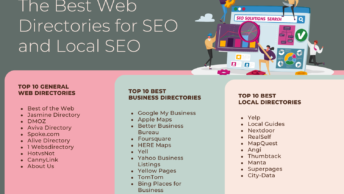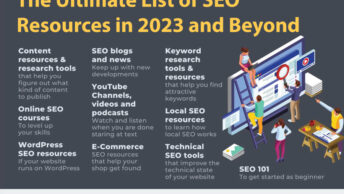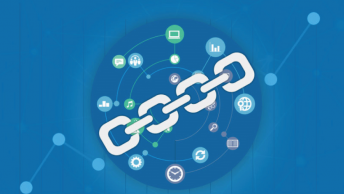Okay, it’s official. If you paid for links, your site most likely was punished. Or rather, if Google determined that your site most likely paid for a certain link, your site was punished. Paid links have been big business for companies, individuals and even academic institutions. But now the very same PR that earned the link funds has suffered because of them.
Major websites such as washingontonpost.com and forbes.com fell from a PR 7 to a PR 5. Statcounter.com fell from a PR10 to a PR 6 (or 8 according to other counters.) Ouch. How the change affected your own site may still be up in the air, but most feel as though the latest Google update is complete or nearing completion, and the biggest victory for Google was taking a bit hit at its nemesis, paid links.
There was a great amount of concern over the PR fall on websites in regard to traffic. Would traffic still find its way to sites through Google? So far the answer is yes. Of course, many webmasters are throwing up their hands about PR and giving up trying to understand. If it can’t be used to set prices for links, and it’s not affecting traffic, what exactly is its purpose?
Philosophical questions aside, one-way links to your website still have value for SEO and traffic. It’s only obviously paid links that are causing problems (so far), so the solution is to simple find alternative to obvious paid links.
Alternatives to Paid Links
If paid links aren’t going to work for you anymore, you need to find another solution for quick SEO. There are many different ways to go about it, but the bottom line is that your links must now be legitimate, or at least look legitimate to Google spiders.
Quality Content
The most obvious solution is to increase the quality of your content and professional network so that your site is referred to by others legitimately. Offer new and interesting material and do a bit of social promotion so that others will bookmark your article or site and later include it in posts or articles of their own. Use your quality article to be a reference for Wikipedia or try for a high number of Diggs. There is no substitute for good, old fashioned marketing. After all, it is called internet marketing.
In-Line Links
But if waiting for legitimate links will take too long, very discretely search out opportunities to buy or sell links that appear legitimate. Link only to sites that are very niche specific and avoid obvious link farms. Find opportunities to include links inside related content through your keyword anchor.
Blogs might be a good way to do this, but watch out for blogs that sell links to any kind of website. It is far better to link to your health website from a health blog. It is even more desirable to be the only link or one of the very few links on that page.
If you are planning to continue selling links, avoid putting them in blogrolls, sitewide or in footers. Instead include the link as if it were one you were naturally blogging about.






